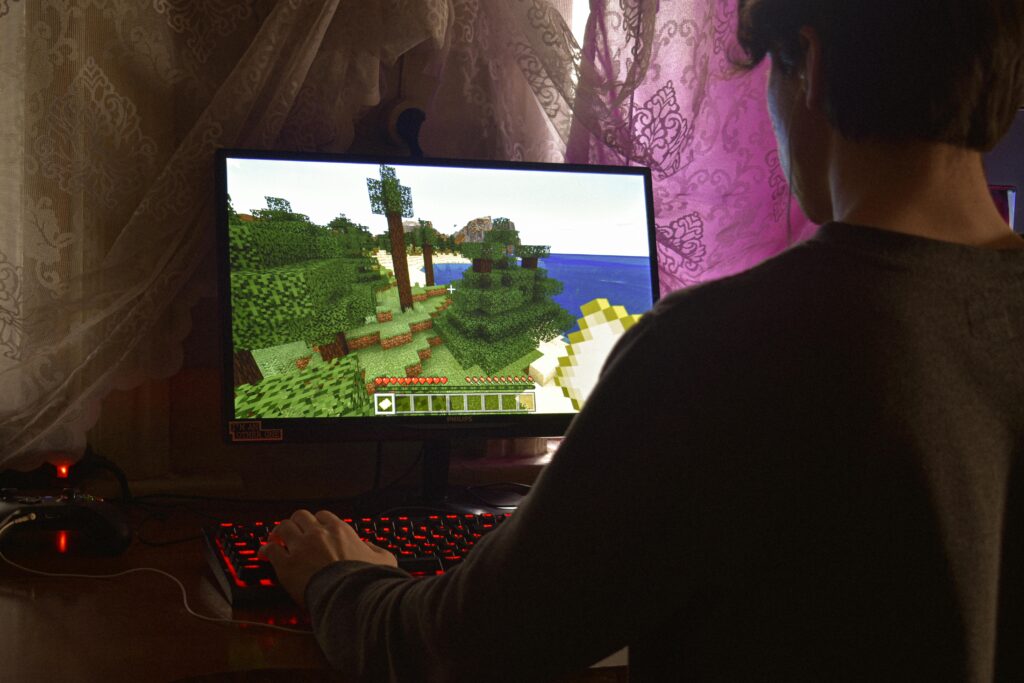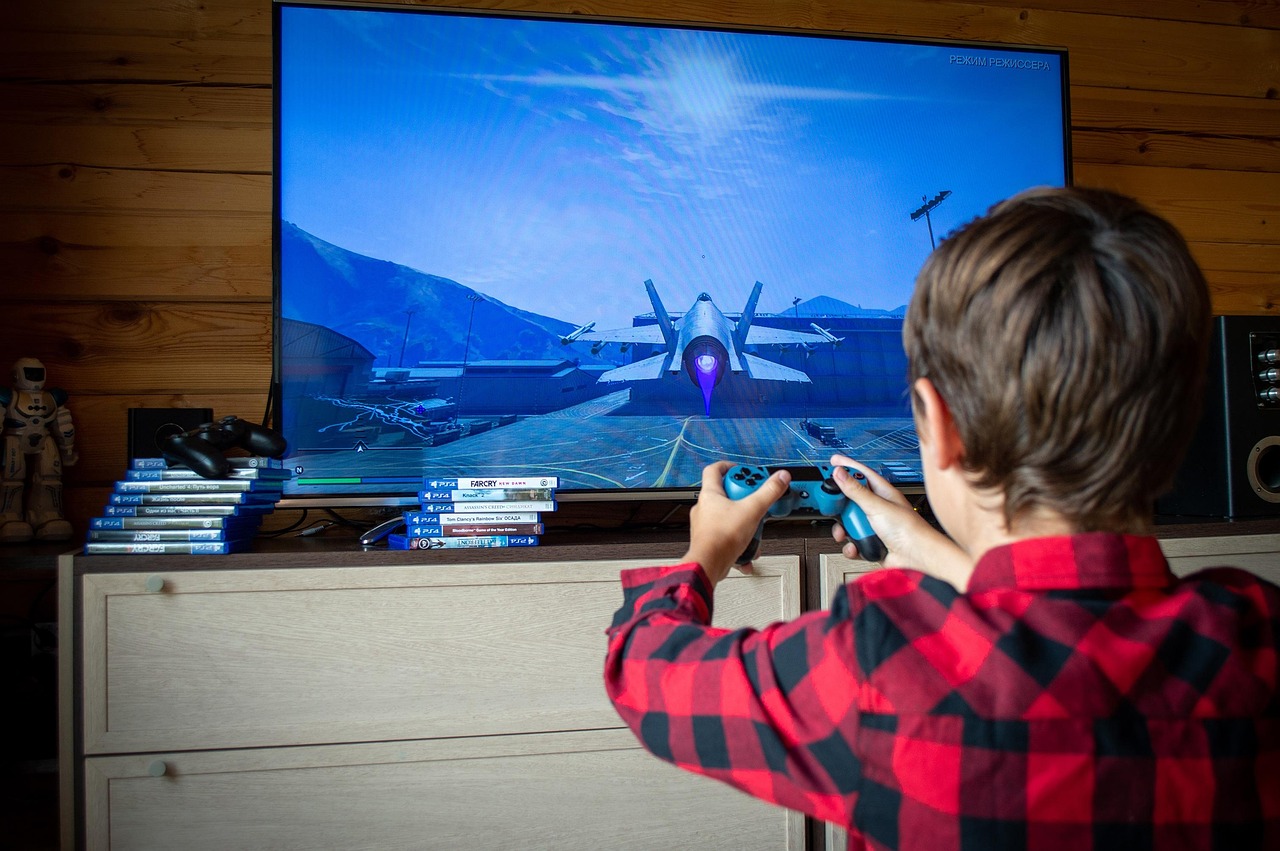For many years, video games were seen mostly as a form of entertainment. However, research has shown that gaming can also offer real cognitive benefits, including better problem-solving skills. Far from being just a distraction, many games challenge players to think strategically, adapt to changing situations, and make quick decisions—skills that are valuable in everyday life.
Strategic Thinking
Many video games require players to plan ahead. Strategy games, such as Civilization or StarCraft, ask players to manage resources, predict opponent moves, and set long-term goals. This encourages analytical thinking and the ability to see the bigger picture, which are important for solving complex problems.
Adaptability and Flexibility
Games often present unexpected challenges, such as sudden changes in enemy behavior or environmental conditions. Players must quickly adjust their tactics to succeed. This ability to adapt is directly related to real-world problem-solving, where conditions can change without warning.
Logical and Critical Thinking
Puzzle-based games, like Portal or The Legend of Zelda, require logical thinking to progress. Players must experiment with different solutions, evaluate outcomes, and refine their approach—just like solving problems in work or study environments.
Pattern Recognition
Many games involve identifying patterns, whether it’s in enemy attack movements or in the way puzzles are structured. Recognizing patterns helps people anticipate challenges and prepare better responses, a skill useful in fields like mathematics, engineering, and even business strategy.

Collaboration and Communication
Multiplayer games often require teamwork to succeed. In titles like Overwatch or Fortnite, players share information, assign roles, and coordinate strategies. This type of collaboration builds communication skills and teaches players how to work toward shared goals.
Persistence and Resilience
Not every attempt in a game is successful. Players often face failure multiple times before finding the right solution. This persistence, combined with the willingness to try new strategies, mirrors the resilience needed in real-life problem-solving.
Time Management and Prioritization
Many games include limited resources, countdown timers, or multiple objectives. Players learn to prioritize tasks and make the most efficient use of time, skills that are vital in professional and personal settings.
Conclusion
Video games are more than just entertainment—they can train the mind to think more strategically, adapt to new challenges, and persist in the face of difficulty. While moderation is important, playing games that encourage planning, critical thinking, and teamwork can help build problem-solving skills that benefit players both in and out of the virtual world.



